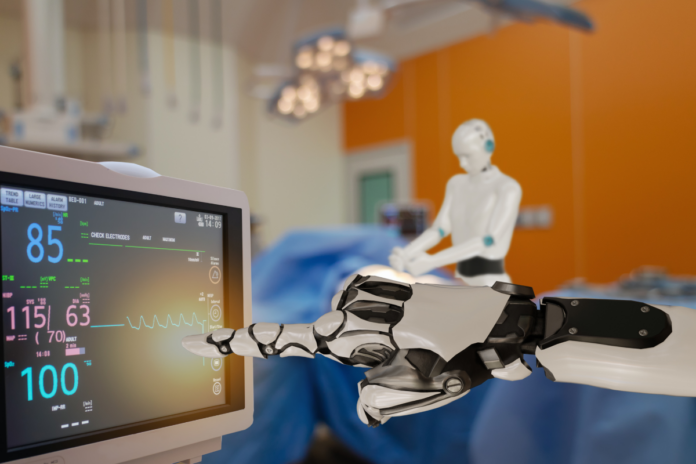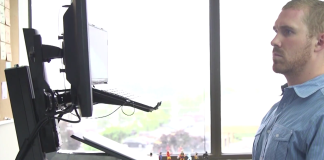By: Nick Gambino
We seem to be in a new kind of industrial revolution where once again we are worried about machines taking over the jobs once reserved for humans. With major advances in AI threatening creatives like writers and artists, it’s only a matter of time before they come for the healthcare industry. In fact, they’re already here.
Dutch startup Vitestro has just received funding to the tune of $22 million. Add that to what they’ve already raised in the past and they’re sitting on $50 million to bring their blood drawing robot to the center stage.
“Our technology represents a major step forward in healthcare innovation, benefitting both the institution and the patient,” Commercial director and the co-founder of Vitestro, Brian Joseph, said in a statement. “We are actively expanding operations to grow in other important international markets, particularly within the United States.”
The company was founded in 2017. Their main product is an AI-powered robot that can draw blood, I presume safely and efficiently. The intention behind the device is to not only create a better experience for the patient but also help make up for a scarcity in healthcare personnel.
It works using infrared to fully scan the patient’s arm (or leg or hand or whatever) in order to locate the vein and map out everything before puncture. This helps it determine how to best place the robotic needle for the most efficient and, I’m sure, least painful draw.
They’ve been running trials across the Netherlands since last year. Vitestro is looking for full EU certification later this year and will then start filling orders already placed by other hospitals. They hope to eventually make it to the US.
If they can get this right, I can see it being a boon for the healthcare industry. Blood draws take time and whether you get someone who is good at it is all up to a flip of a coin. This innovative device takes the guesswork out of it and allows proper distribution of personnel to other vital areas in the hospital or medical facility.
With a real shortage of healthcare workers, I don’t view this as “threatening someone’s job.” Instead, it frees up technicians to work in other areas that are lacking. I can easily envision AI robot blood draws being the norm in the next five years.










